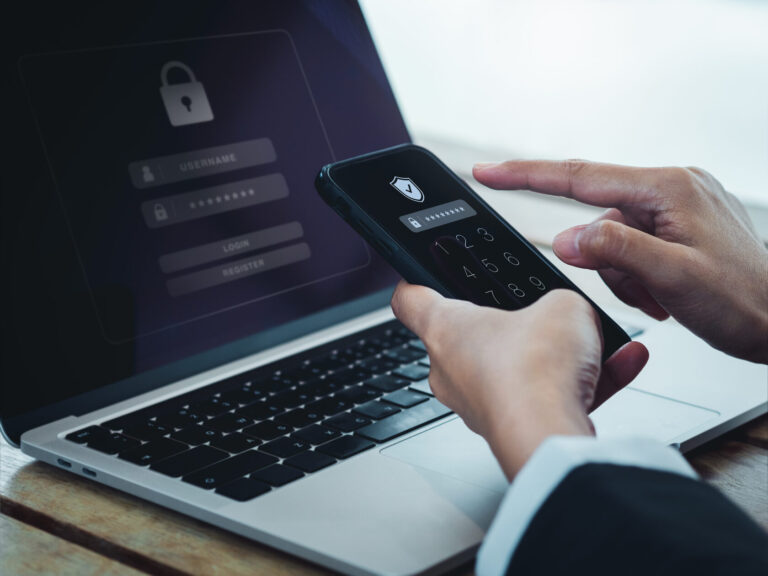In today’s digital landscape, cybersecurity has become an essential component for any business, regardless of its size. Small businesses, in particular, are vulnerable to cyberattacks due to their limited resources, which makes it easier for cybercriminals to exploit them.
The consequences of a cyberattack can be devastating for small businesses, ranging from financial losses to reputational damage. Therefore, it is crucial for small businesses to prioritize cybersecurity and implement the necessary measures to protect their business and customer data.
Cybersecurity refers to the practices and technologies used to protect computer systems, networks, and data from unauthorized access, theft, damage, or other cyber threats. Small businesses face various cyber threats, including phishing attacks, malware, ransomware, social engineering, and cyber espionage. These attacks can result in the loss or theft of sensitive data, financial fraud, and disruption of business operations.
The consequences of a cyber attack on a small business can be severe. Financial losses may include the cost of investigating the breach, restoring the systems, and compensating affected customers. In addition, small businesses may suffer reputational damage, loss of customer trust, and legal consequences for non-compliance with regulations.
Small businesses face numerous cyber threats, and it is essential to take measures to protect themselves from these threats. There are various best practices, tools, and technologies that small businesses can use to improve their cybersecurity posture.
The consequences of a cyber attack on a small business can be severe. The costs of a cyber attack may include loss of revenue, the cost of investigating the breach, restoring systems, and compensating affected customers.
In addition, small businesses may suffer reputational damage and loss of customer trust. A cyber attack can also result in legal action and non-compliance with regulations, leading to fines and other legal consequences.
LogixCare offers a range of cybersecurity solutions, including threat detection and prevention, vulnerability management, and incident response. These solutions are tailored to meet the specific needs of each business and are designed to be scalable as the business grows.
One of the key benefits of
LogixCare’s cybersecurity solutions is their proactive approach to security. Rather than waiting for a cyber attack to occur, LogixCare’s solutions are designed to detect and prevent threats before they can cause damage. This approach helps businesses avoid the security consequences that can result from a cyber attack, such as data breaches, financial losses, and reputational damage.
Another benefit of LogixCare’s cybersecurity solutions is their focus on compliance. Many businesses are subject to industry regulations and standards that require them to maintain a certain level of security. LogixCare’s solutions are designed to help businesses comply with these regulations and standards, such as HIPAA, PCI DSS, and GDPR.
In conclusion, cybersecurity is essential for small businesses. Small businesses are vulnerable to cyberattacks, and the consequences of a cyberattack can be severe. Therefore, small businesses need to prioritize cybersecurity and implement the necessary measures to protect their business and customer data.
Best practices, tools, and technologies, along with employee training and awareness, can help small businesses protect against cyber threats. By staying vigilant in the face of ever-evolving cyber threats, small businesses can protect their business and customer data, and maintain customer trust and confidence.
References- https://www.fcc.gov/communications-business-opportunities/cybersecurity-small-businesses
- https://www.sba.gov/business-guide/manage-your-business/strengthen-your-cybersecurity
- https://www.knowledgehut.com/blog/security/importance-of-cyber-security-for-business
